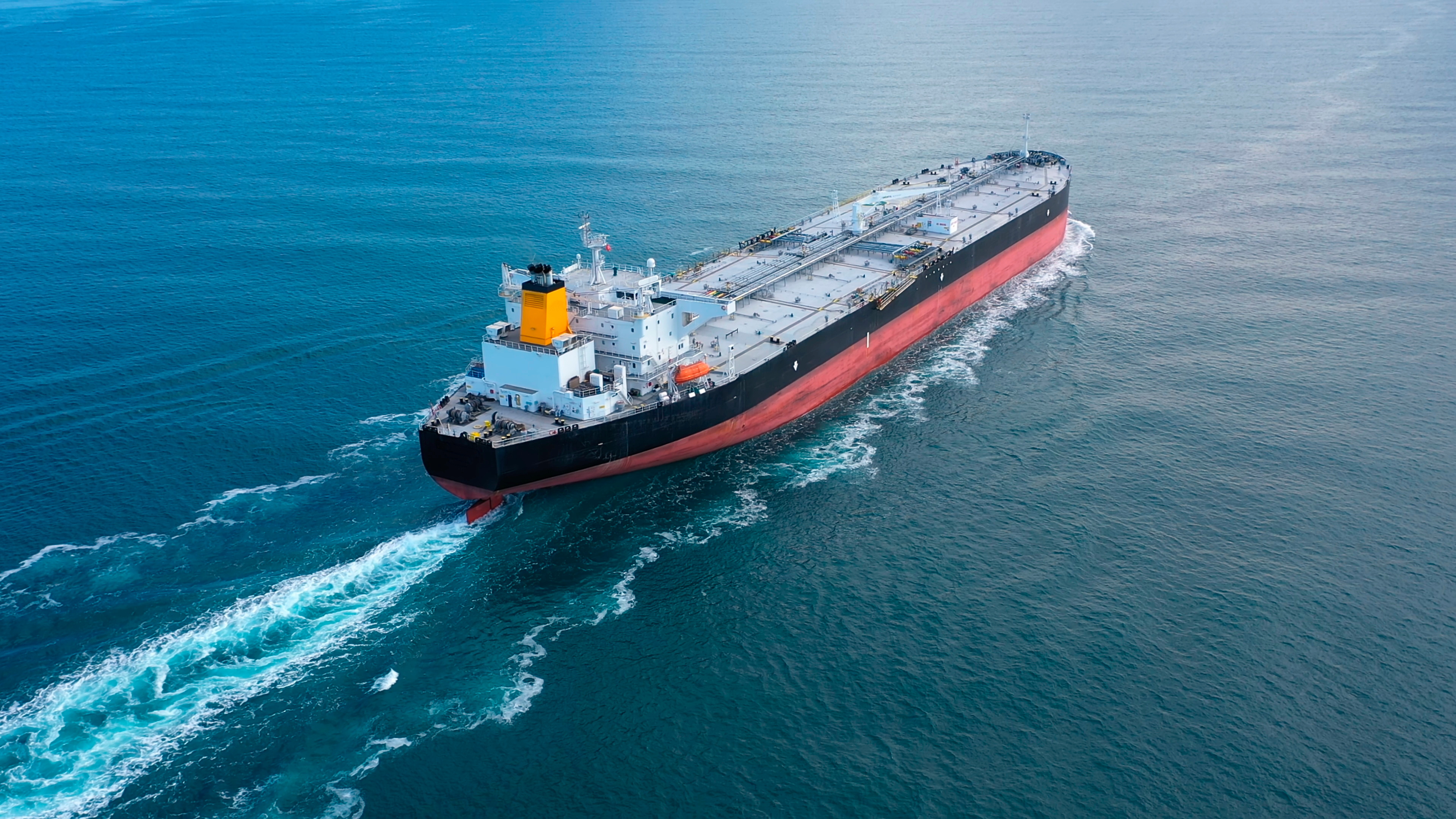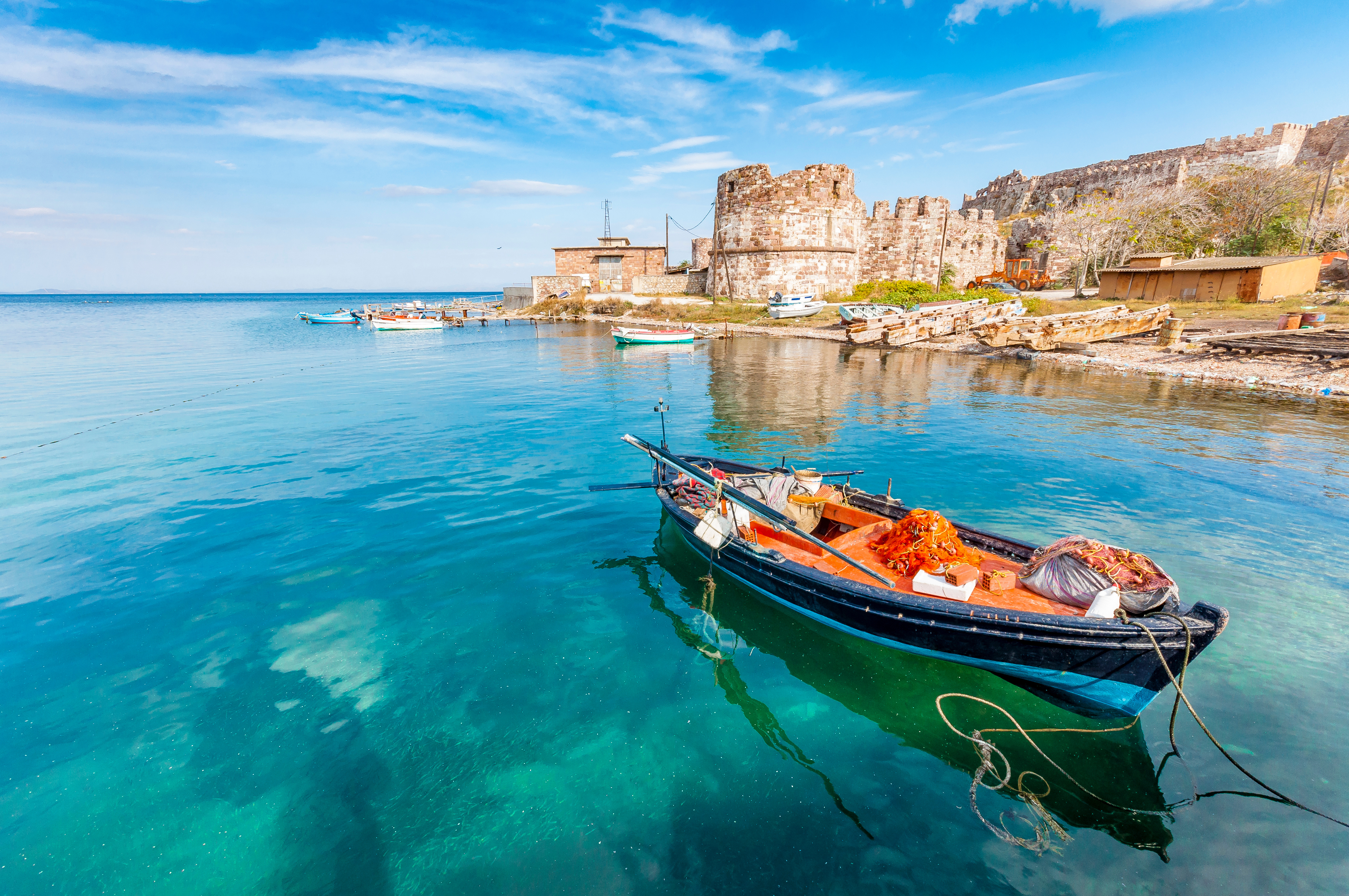
Restatement of Greek Interpretation on the Right to Limit Liability
The Greek Supreme Court has recently confirmed the principles for determining a limitation of liability. This is a welcome clarification, given the uncertainty caused by an earlier case in which the right of limitation had been significantly curtailed.
Readers may recall our November 2022 article[i] in which we expressed concerns over a then recent judgement of the Piraeus Court of First Instance in its interpretation of article 4 of the International Convention LLMC 1976. That decision treated the gross negligence of the master as gross negligence of the shipowner, and meant the shipowner lost the right of limitation. We expressed reservations that this was an incorrect application of the Convention.
A Change of Tides – A new Case and A Supreme Court Decision
The Supreme Court which now issued a decision in a new matter (1806/2023) which is binding upon all subordinate courts.
In this case, a UK P&I Club entered ship, departed, Piraeus-bound for Izmit, Turkey. Having cleared the port, she approached the Traffic Separation Scheme to the south of Piraeus where she collided with a minehunter of the Greek Navy, constructed of glass-reinforced plastic.
The bow of the ship cut the minehunter in two, with part of the aft section lost. The minehunter’s bow section remained afloat and was later towed to port. Thankfully, there were no fatalities and only minor injuries to two crewmembers of the minehunter.
The Greek State, on behalf of the Hellenic Navy, demanded security of €120 million for the loss of the minehunter and associated damages. The shipowner filed a petition to limit liability pursuant to the LLMC 1976 Convention. The ship’s limit of liability was approximately €33 million.
One of the Greek State’s allegations was that the shipowner did not provide appropriate training to its crew for navigation. The shipowner’s conduct constituted gross negligence and as a result the shipowner was not entitled to limit its liability. This argument failed: The shipowner countered this successfully by providing all the necessary crew certificates establishing the actual position. The court accepted that any gross negligence of the crew was not automatically gross negligence of the shipowner.
The Piraeus Court of First Instance, the Court of Appeal and now the Supreme Court all confirmed the shipowner’s entitlement to limit at €33 million.
Greek Supreme Court Reaffirming the Right to Limitation of Liability
The Court confirmed the clear distinction in the Convention between the shipowner and other persons, in this case the Master, the Chief Officer and the Able Seaman, and their distinct entitlement to limit their liability as per article 4 of the LLMC 1976 Convention.
Additionally, the Supreme Court correctly upheld the Court of Appeal’s ruling, that wilful or reckless conduct, depriving from the right to limit, needs to be personal to the shipowner and that, contrary to the dicta of the first instance judgment in the earlier case, 1291/2018, crew negligence is not sufficient in that regard.
The Supreme Court judgement put things into perspective and adds clarity and certainty on the interpretation of Article 4 of the International Convention LLMC 1976. The decision reinforces the norm that limitation of liability is the rule and not the exception.
---





